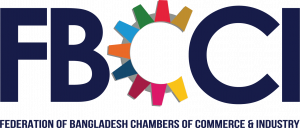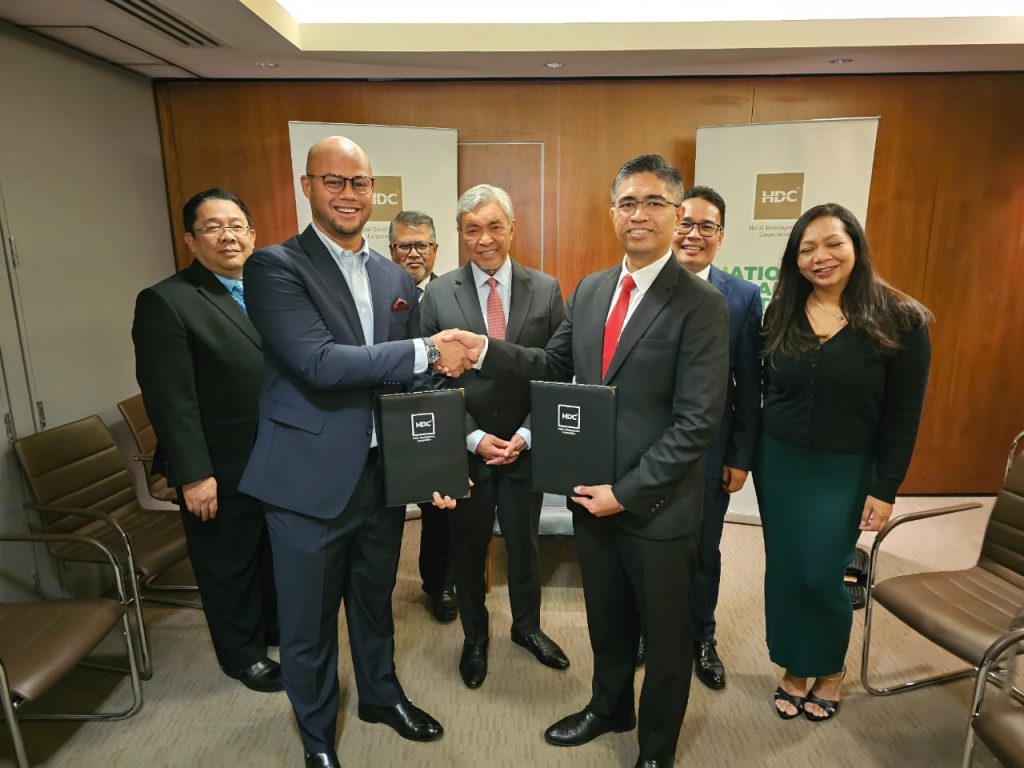e27.co
Indonesia’s up-and-coming halal certification law means that there are 1.5 million businesses scrambling for a certification in the market
Indonesia is set to implement a new regulation on halal certification for various consumer products, from food to cosmetics to pharmacy, by the end of 2019.
Under this new regulation, businesses in the world’s largest Muslim population are required to undergo a certification process and secure a halal label with a grace period of three years. Failure to comply to this new regulation will result in 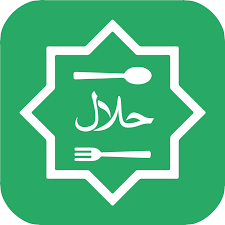 administrative penalties.
administrative penalties.
With the up-and-coming regulation, there are 1.5 million businesses in the market scrambling for a halal stamp on their products –and this is the opportunity that Singapore-based blockchain startup WhatsHalal is aiming to seize.
In an interview with e27, the company’s director of business development Muhammad Hadi Bin Rahmad explains the two challenges that businesses and governments are facing in the implementing halal certification:
First, there is the lack of a unifying platform that brings together all the stakeholders in the whole supply chain together, from farmers, manufacturers, merchants, to consumers.
Second, there is also the administrative roadblock. “Every single stakeholder in the supply chain have different process and system. It is also very manual and manpower-driven,” the director says.
In the case of Indonesia and its upcoming halal certification regulation, businesses and government are facing a new and unique challenge.
There are currently 17,000 companies that have been certified halal in the market, and the country needs to increase this number to one to five million within the next five years.
WhatsHalal CEO Azman Ivan Tan elaborates the process that companies had to go through in order to secure a halal certification, and how WhatsHalal platform can help ease this process.
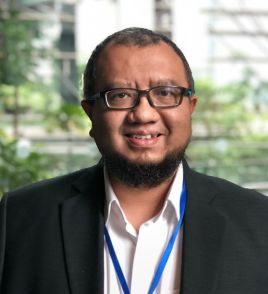
WhatsHalal CEO Azman Ivan Tan
First, businesses need to decide on what kind of certification (by which institution) that they want to use. Then they will need to make sure that all of their ingredients come from halal sources; they will also need to understand the ruling and assurance system.
“Normally, these companies would bring on a consultant. After the audit process, in which they may pass or fail, they would feel the need to go back and see the changes that they have to make [before they can get certified],” he explains.
With WhatsHalal, companies begin their journey in using the platform by choosing the market that they wish to operate in. The platform will show to them if they are able to undergo the audit process by themselves, or if they would need a consultant in doing it.
“If it’s too tedious for you, the system will assign a consultant for you. If you’re happy with the consultant, you pay the fee, and the consultant will take over from there. They will upload the ingredients and the blockchain will assist in verifying whether they are halal to begin with,” Tan says.
The main issue that the company aims to tackle is the uncertainty about a particular food product’s halal status.
“In the past, we tend to take the attitude of ‘everything is halal unless otherwise stated’ but then I realised that [customers] do not have a clear understanding of what is halal or not, as not everything that is manufactured today have full ingredients disclosure. You cannot see where the source is,” Tan stresses.
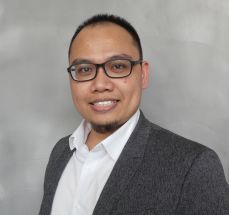
WhatsHalal Director, Business Development
Muhammad Hadi Bin Rahmad
In addition to the halal certification process, WhatsHalal also provides other services such as on-demand food delivery service.
The startup expands this service through the acquisition of HalalOnClick in 2018.
In the future, it also aims to introduce a halal scanner for end-customers, leveraging on the wealth of data that the startup has acquired and their ability to track a product down to its source.
“The halal certification platform is just the first [of the technology that we are working on]. The second part of the technology is the traceability – it is what set us apart from other companies who are talking about blockchain. We are looking at devices such as IoTs, RFIDs … that we will be putting in places in the supply chain,” Rahmad explains.
“The value of wagyu beef in Japan is that high because of the details available in its certificate,” he adds.
WhatsHalal is currently run by a team of 21 in its offices in Singapore, Kuala Lumpur, and Jogjakarta.
In Indonesia, it has secured a partnership with Sucofindo, a joint venture between the Indonesian government and SGS, a Geneva-based inspection giant.
Currently internally funded, Tan hints that there are already some external parties expressing their interest in investing in the company.

